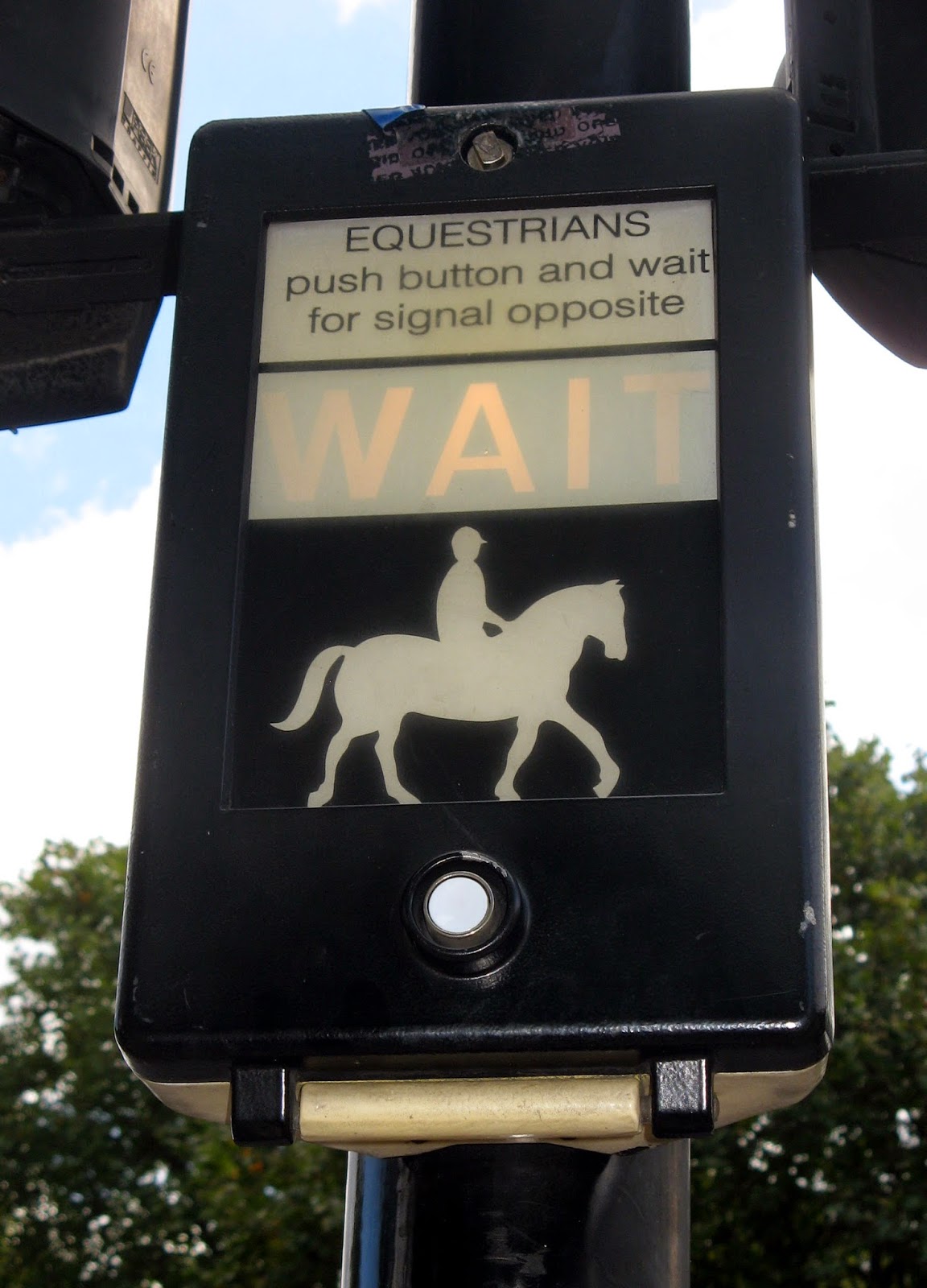Tennyson's 'Ulysses' and James Bond - Selfish Heroes, Insightful Individuals or Just Bored Warriors?
.jpg) |
| James Bond, a modern day Odysseus/Ulysses? Image BollywoodHungama |
Some of the predominant themes running through the James Bond movie Skyfall - are MI6 is outdated and behind the times, M is making too many misjudgements and should be pensioned off and James Bond as 007 is far too old to be jumping off buildings and running around the world with gun in hand. Bond is so old they don't even give him any complicated gadgets to deal with. Under investigation for her reckless decisions, 'M' quotes a few lines from Tennyson's poem "Ulysses":
 |
| Alfred Tennyson. Image Julia Margaret Cameron |
We are not now that strength which in old days
Moved earth and heaven; that which we are, we are;
One equal temper of heroic hearts,
Made weak by time and fate, but strong in will
To strive, to seek, to find, and not to yield.
Can We Compare Ulysses to James Bond?
So do James Bond and the members of M16 and Lord Tennyson's hero 'Ulysses' portray frustrated, tired, disillusioned adventure warriors avoiding real responsibility or individuals searching for spontaneity, freedom and enlightenment and truth?
Skyfall was not a typical Bond movie, but James Bond and movies aside, let's focus on Ulysses but think about the above quote and the aging King's state of mind and some of the similarities and differences between 007 and Oysseus/Ulysses the next time you watch Skyfall. Afyre all James Bond could be a modern day Odysseus of sorts. Both men are adventure warriors of types just living in different eras.
 |
| Battista Franco Veniceno Image Wikimedia Commons |
Ulysses Marches to the Beat of His Own Drum
Political obligation and the call for adventure impel the mythical hero, Odysseus, to embark on his twenty-year "Odyssey". Yet, in Tennyson's poem, "Ulysses", the hero concentrates his energy inward, seeming intent on self-discovery and displaying little interest in actualising change within his own Kingdom. The reader, therefore, encounters a discontented, aging King whose mind-set mirrors that described by Henry David Thoreau in ‘Walden or Life in the Woods’:If a man does not keep pace with his companions, perhaps it is because he hears a different drummer. Let him step to the music which he hears, however measured or far away.
Throughout the poem, Ulysses sends a message that serves to support Tennyson’s preference for the independent ‘Romantic’ individual rather than the visionless, profit-seeking, large-scale employers in his contemporary Victorian era.
Knowledge and Adventure Often Lead to Discontent
As speaker, Ulysses reveals that prior voyages led to personal discoveries, yet, he also discloses that knowledge incites a desire for more and can arouse discontentment and self-indulgence. The contemplative King emphasises this thought with his despondent criticisms towards his life and his society. He describes Ithaca, as a place of “barren crags” (2), complains of being "matched with an aged wife" (3) and perceives his people as those that just “hoard, and sleep, and feed”. (4-5) Ulysses’ higher-level of consciousness and hunger for advanced thinking tend to surface as contempt for his homeland, since, he prefers "to follow knowledge like a sinking star" rather than implement positive change.
Ulysses, an Introspective, Self-interested King
Ulysses’ earlier, epic achievements awakened his desire to search for greater understanding and more adventure; however, instead of transferring his wisdom into purposeful action in order to benefit Ithaca, he chooses to ponder on his own dissatisfaction of what he has returned to.
His claim, “As though to breathe were life!” (24), emphasises his belief that he ‘exists’ in his homeland but does not ‘live’ there anymore.
His perception of his land-locked life amongst ‘a savage race’ (4) forces him to dwell on past events or else encourages him to envision returning to the high seas. Ulysses the hero “cannot rest from travel and "[he wants to] drink life to the lees” (6-7). Given that “little remains” (26) of his life, the passage of time heightens the aging adventurer’s urgency, since life for Ulysses has ceased to exist in Ithaca.
The Grass is Greener for Tennyson’s Ulysses
When Ulysses states, "Tis not too late to seek a newer world" (57), he refers to a land beyond Ithaca, yet, with his knowledge, he could create a new world from his homeland. With "Some work of noble note" (51), the King could transform Ithaca’s people into a society with a common cause, resulting in a more productive and unified kingdom, yet, he recognises that his need to focus on ‘private principles’ and further adventure means that he cannot lead his society into a new era. Ulysses wants change of a sort but not willing to give up his freedom, he prefers to leave this task to his son, Telemachus, and seek a preferred new world mentally and physically.
Enlightenment for Ulysses Transcends the Need for Power
Ulysses’ past wanderings accustomed him to a life of challenging experiences and ever-increasing knowledge. Nonchalant and uncontested in Ithaca, he embraces escapism, since he cannot tolerate the idea of striving forward in the reality of his homeland. Tennyson’s ‘Romantic’ hero mirrors those who resisted Victorian industrialisation and conformity.
The speaker’s final line, “to strive, to seek, to find, and not to yield”, refers not to Ulysses fulfilling his responsibilities as King of Ithaca but to satisfying the needs of an individual searching for spontaneity, freedom and adventure.
Sources:
- Tennyson, "Ulysses", SparkNotes - full poem - accessed 23/11/2012
- Tennyson, A. ‘Ulysses’. Norton Anthology of English Literature, sixth edition, vol. 2. 1067-1069, W. W. Norton & co., New York, 1993.
- Thoreau, Henry David. ‘Walden’. Boston: Houghton, Mifflin, & co. 1987.
- Thoreau Henry David ‘Journal’ [1840). The Norton Reader, eighth edition. W. W. Norton and co. New York. 1992.
Copyright Lesley Lanir. Contact the author to obtain permission for republication.



Comments
Post a Comment